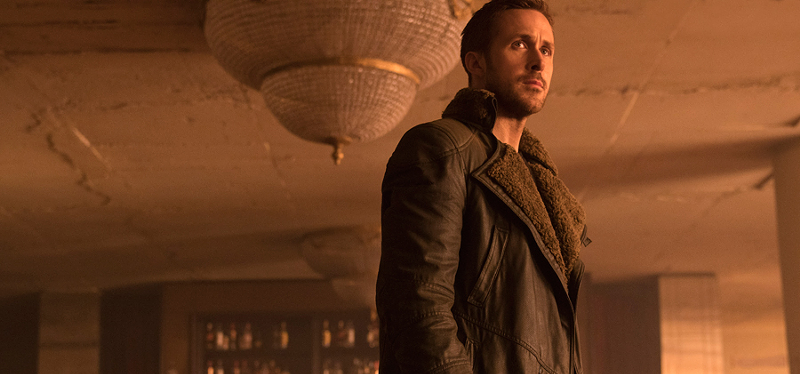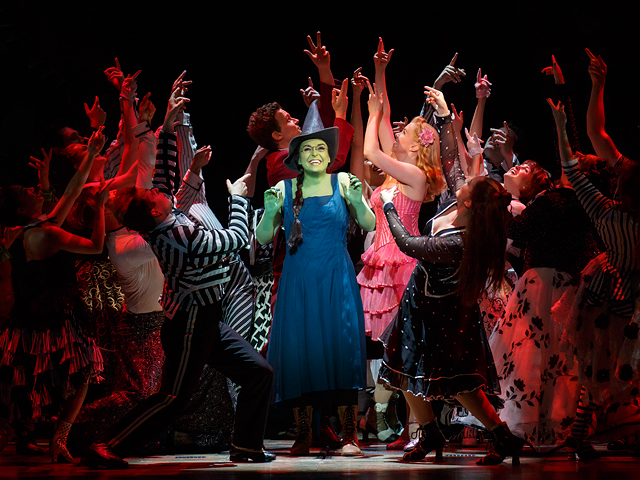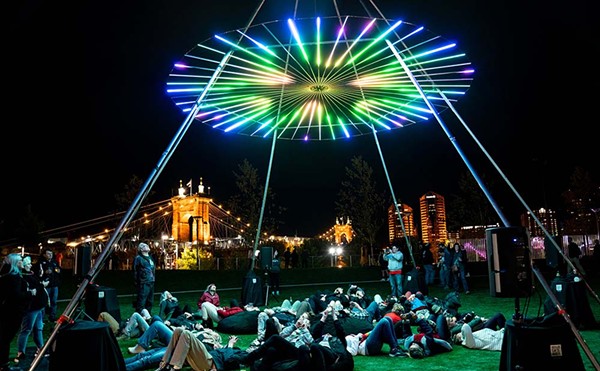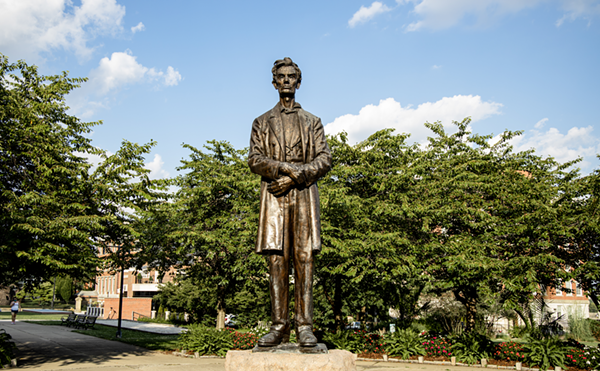In Blade Runner 2049, director Denis Villeneuve (Arrival) takes audiences back to Ridley Scott’s noirish version of the future as presented in the 1982 classic Blade Runner, adapted from Philip K. Dick’s novel Do Androids Dream of Electric Sheep?.
That first film, set in Los Angeles in 2019, was laden with dark angst. Replicants — bioengineered life forms with heightened strength, speed, resilience and intelligence — were illegal on Earth in 2019 but used in off-world colonies to handle the dangerous workload that humans no longer wanted to perform. But these adult human “copies” began to rebel and kill their human makers. In Scott’s film, special “blade runner” officers like Rick Deckard (Harrison Ford) were charged with pursuing and ultimately “retiring” the rogue replicants.
In this sequel, moved 30 years into the future, the setting is now even more of an existential grind. Hampton Fancher, one of the first movie’s screenwriters, returns as a co-screenwriter with Michael Green. We learn that replicants were completely outlawed once the Tyrell Corporation (their primary manufacturer) went broke. But then the program was revisited by new owner Niander Wallace (Jared Leto) and upgraded. It’s the same old story, the same old sad song, about society needing cheap, strong slave labor and doing everything to degrade the humanity of said labor only to have the field hands rise up.
Villeneuve shows us that 30 years into Blade Runner’s future, there’s a noticeable downgrade when it comes to the people, the regular humans. Audiences could be forgiven for asking where everybody is, because natural-born human beings seem to be deep in hiding. Afraid, maybe, of the Southern California snowfall that looks like nuclear winter. Terrified of the replicants, with their limitless strength, vitality and brooding awareness — their desires to be.
Inevitable death is what the writer/social critic Cornel West believes makes us human — living, striving and suffering in the face of the unavoidable end. The replicants here know this feeling. They see it in the arrival of blade runners like K (Ryan Gosling), the new breed of replicant who hunt down the remaining older versions who still dream their dreams of electric sheep — ones like Sapper Morton (Dave Bautista), who farms a piece of forgotten land and pays tribute daily to the miracle he witnessed decades ago.
K heads off to investigate Morton and, along the way, stumbles upon something more: the revelation that former blade runner Deckard is still alive and living in seclusion in the wasteland of the Las Vegas desert. This complicates things but also crystalizes for K the pursuit of the meaning of life and humanity, rooted in belief in love and some greater plan, but not in a higher power.
If K were to achieve that higher level of awareness, he would most certainly find himself face-to-face with Blade Runner 2049 director Villeneuve, a fast-rising visionary of cinema. Villeneuve here is a raw and raucous engineer behind these all-too-human replicants and their search for a purpose upon which most of humankind has turned its back.
This French-Canadian director constantly tests and redefines what it means to live. His efforts challenge the notion that humanity must be framed by the linearity of life and death. He’s done this especially with last year’s Arrival. It detonated our conceptions of time and space as we, through the character of linguistics professor Louise Banks (Amy Adams), sought to learn and interpret an alien language capable of unlocking universal secrets.
And there will be even more revelations when Villeneuve tackles his next assignment: Frank Herbert’s Dune, a story of experimentation conducted over thousands of years to biologically engineer a messiah who can be many places at once by accessing and harnessing genetic memories. (In Blade Runner 2049, it is memory, eternally fleeting, that bedevils the soulful replicant K.)
Villeneuve is on a quest to break down our fears of a purposeless life, which is a miraculous task in and of itself. By picking up the narrative baton that original Blade Runner director Scott carried for so long, Villeneuve immerses us in the hopeful reawakening to a future that beckons us to rush forward without fear. (Opens Friday.) (R) Grade: A






